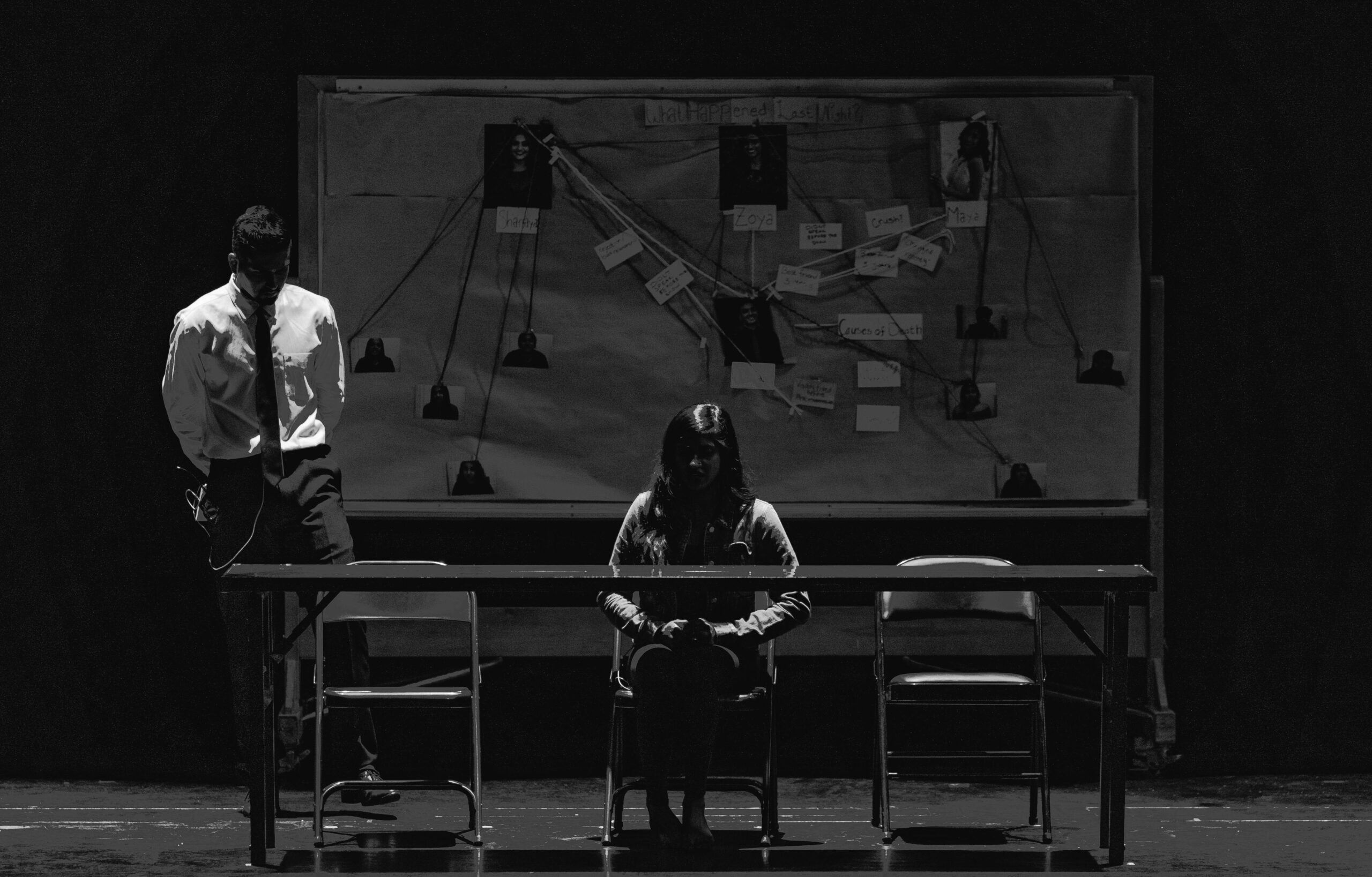Understanding your rights during police investigations is crucial. Whether you’re involved in a situation as a witness, suspect, or bystander, knowing your civil rights can make a significant difference. This article will guide you through the essentials of your rights during police encounters, focusing on the importance of Miranda rights and how to protect yourself legally.
The Importance of Knowing Your Rights
Knowing your rights isn’t just about avoiding legal trouble. It’s about ensuring that your civil liberties are respected. Understanding your rights can help you stay calm and make informed decisions during police interactions. This knowledge is empowering and can prevent potential misuse of power.
The Basics: What Are Your Rights?
Your Right to Remain Silent
One of the most well-known rights is the right to remain silent. This means you don’t have to answer questions that might incriminate you. It’s a fundamental part of the Miranda rights, which we’ll discuss in more detail.
Your Right to an Attorney
You have the right to consult with an attorney before speaking to the police. If you cannot afford one, the court will provide one for you. This is crucial because an attorney can guide you through the investigation and ensure your rights are protected.
Your Right to Refuse Searches
Police need a warrant or probable cause to search you or your property. Unless they have either, you can refuse consent to a search. However, remember to communicate your refusal calmly and clearly.
Understanding Miranda Rights
The Miranda rights are a legal requirement that police must follow during an arrest. Named after the landmark U.S. Supreme Court case Miranda v. Arizona (1966), these rights are designed to protect you from self-incrimination.
What Do Miranda Rights Include?
- Right to Remain Silent: As previously mentioned, you don’t have to say anything that could be used against you in court.
- Right to an Attorney: You can have an attorney present during questioning.
- Understanding of Rights: The police must ensure you understand these rights before questioning begins.
When Are Miranda Rights Required?
Miranda rights are required when you are in custody and subject to interrogation. If the police fail to read you your rights under these circumstances, any statements you make may be inadmissible in court.
Exercising Your Civil Rights
During a Police Stop
During a routine stop, such as a traffic stop, the police may ask for identification and vehicle registration. You should comply with these requests. However, you aren’t required to answer questions about your activities or whereabouts.
If You’re Arrested
If you’re arrested, it’s vital to invoke your rights clearly. You can say, “I am exercising my right to remain silent and request an attorney.” This statement should halt any further questioning until your lawyer is present.
Protecting Your Rights
Remain calm and polite during police interactions. Avoid physical resistance even if you believe your rights are being violated. Instead, note the officers’ details and the situation for future reference, as this information can be valuable to your legal counsel later.
If you feel your rights have been violated, please contact our team of criminal defense attorneys today.
The Role of Civil Rights in Police Investigations
Civil rights are the foundation of democracy, ensuring that individuals are treated fairly and equally. During police investigations, these rights are vital in maintaining the balance of power between law enforcement and civilians.
Common Civil Rights Violations
Some common violations include unlawful searches, excessive force, and discrimination based on race, gender, or ethnicity. If you believe your rights have been violated, it’s essential to report the incident and seek legal counsel.
Legal Support and Resources
Finding an Attorney
If you don’t have an attorney, let’s talk. Having a legal expert on your side can significantly impact the outcome of your case.
Reporting Violations
If you experience or witness a violation of rights, report it to a civil rights organization or the police department’s internal affairs division. Documentation and witness accounts can strengthen your case.
Final Thoughts
Understanding your rights during police investigations is not just about protecting yourself. It’s also about asserting your civil liberties. The rights to remain silent, have an attorney, and refuse searches without a warrant are foundational to your legal protection. By staying informed and calm, you can navigate police encounters more effectively, safeguarding your rights and dignity. Remember, knowledge is power, and being informed is your first line of defense.



